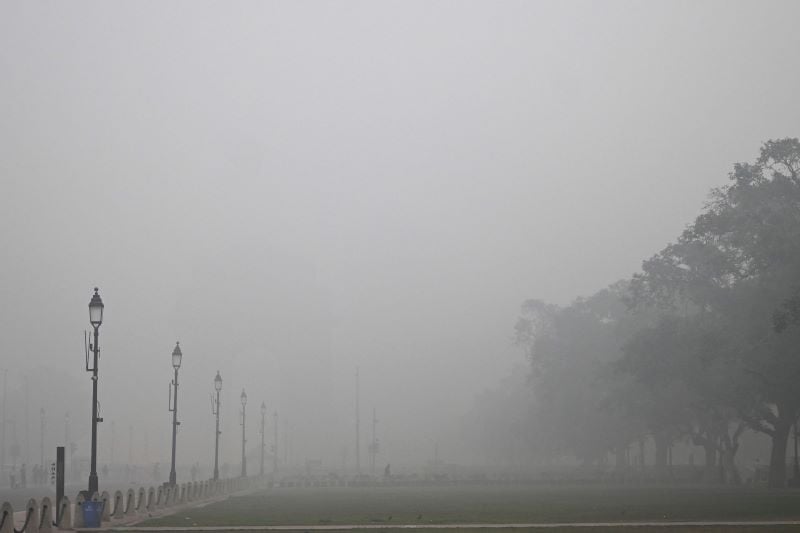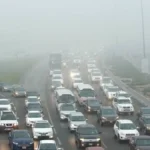Delhi, the capital city of India, is facing a severe air pollution crisis as a toxic haze blankets the area. For several days now, residents have been subjected to dangerously high levels of particulate matter (PM 2.5), a significant air pollutant that poses serious health risks. With pollution levels rising, the Delhi government has urgently urged the Central government to implement “emergency measures” to address this escalating environmental disaster.
The Toll of Toxic Haze
This dense layer of pollution is more than just a nuisance; it poses a serious health threat. Experts caution that extended exposure to elevated PM 2.5 levels can result in respiratory problems, cardiovascular diseases, and worsened symptoms for those with asthma or other pre-existing conditions. Schools have had to close, and outdoor activities have been limited as air quality deteriorates to hazardous levels.
Delhi’s air quality index (AQI) has surpassed alarming thresholds, with readings in some areas of the city reaching levels deemed ten times more harmful than the World Health Organization’s recommended safe limits. Authorities have noted pollution spikes due to a mix of vehicular emissions, industrial activities, crop-burning in neighboring states, and weather conditions that trap pollutants in the atmosphere.
Delhi Government’s Demand for Action
In light of the escalating crisis, the Delhi government has called for the Centre to take prompt and effective action. Chief Minister Arvind Kejriwal has requested emergency measures such as halting industrial operations, limiting vehicle movement, and even pausing construction work to cut down on pollutant emissions.
“The situation is critical. Immediate actions are necessary to safeguard the health of Delhi’s residents,” stated Kejriwal. “We have been sounding the alarm for years, and the need for coordinated national action has never been more pressing.”





